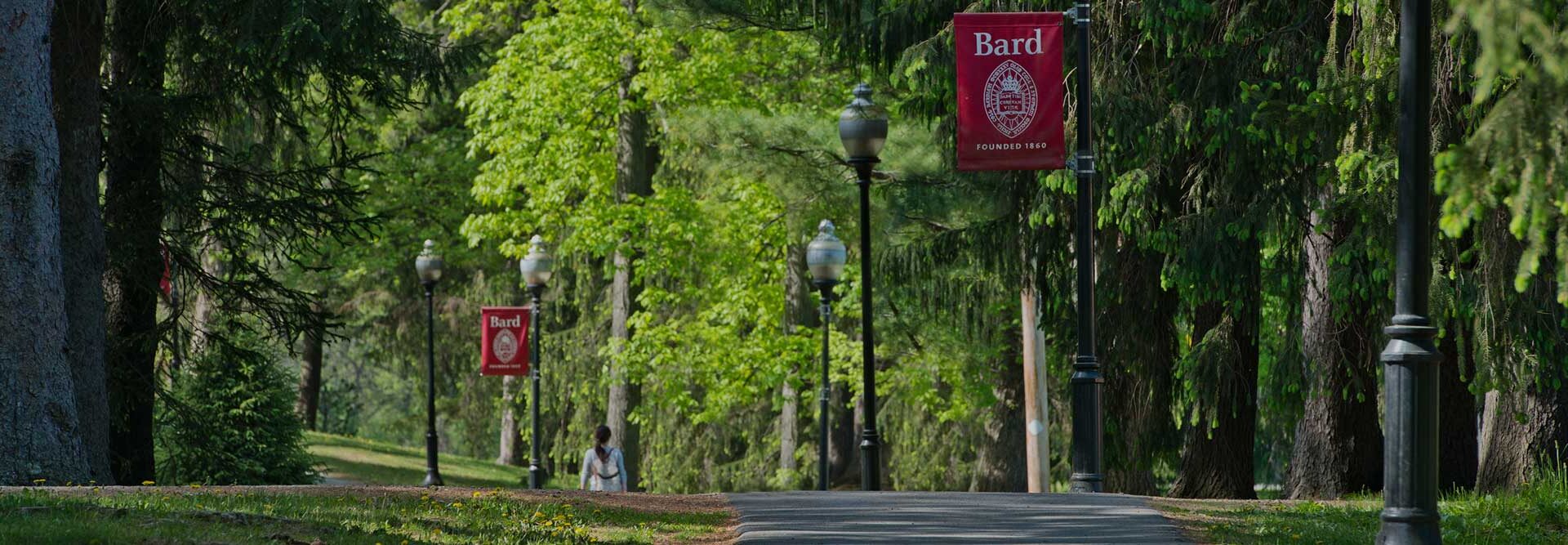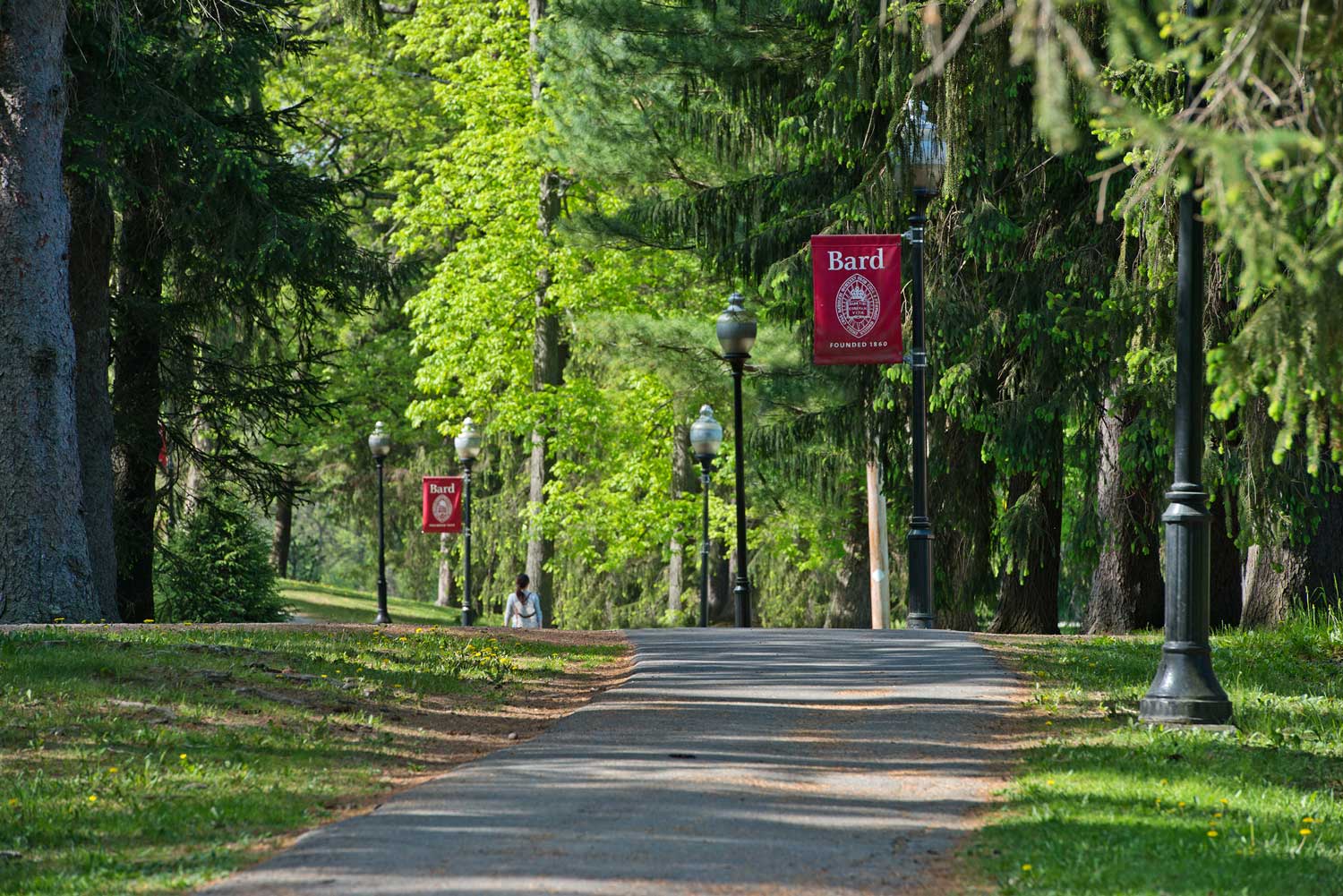If you’re applying to the BardBac and you’ve been to college at any time in the past, follow these three steps. (If you’ve never been to college before, reach out to [email protected] for help navigating the Common Application for First-Year Students.)
1. Common Application
Fill out the Common Application using the Transfer Student option, and identify Bard College as the school you’re applying to. Within the Common Application, be sure to indicate that you’re interested in applying to the BardBac. A link will take you to the Bard Baccalaureate Scholarship Form, a brief questionnaire that asks you four BardBac-specific questions.
2. Letters of Recommendation
All BardBac applicants need to get two letters of recommendation. These letters can come from anyone who knows you well and can speak to your ambitions and interests–they don’t have to be from professors or teachers. Colleagues, mentors, current or former employers, or collaborators on community projects can all make good recommenders for BardBac applicants. But you should include your recommenders’ information in the “Academic References” section of the Common Application even if they’re not academics — otherwise, the form won’t allow you to submit.
3. Financial Aid Documents
Finally, complete the FAFSA, the Free Application for Federal Student Aid, and the CSS Profile, two financial aid forms that make it possible for the college to offer you financial aid if you’re accepted. The FAFSA form is free to submit; the CSS Profile waives its application fee for applicants who make less than $100,000 a year (if you fall into this category, you’ll be notified about your waiver eligibility as you complete the CSS Profile, based on the information you enter into the form itself).
Everything is due March 1 if you’re applying for the Fall semester.
Finalists will be contacted for an interview via Zoom.
Join us on Zoom for an Information Session about the Bard Baccalaureate!
BardBac Staff will share information about the scholarship, life as a BardBac student, and the 2025 admissions process. Then you’ll have time to ask questions.
BardBac Info Sessions will be held:
- Monday, December 2, 2024 at 7:00 PM
- Sunday, January 5, 2025 at 12:00 PM
RSVP here to receive the Zoom link.
Interested in learning more about the Bard Baccalaureate?
Sign up for our mailing list to learn about upcoming Info Sessions. Or reach out to [email protected] to set up a one-on-one conversation with BardBac staff to get your questions answered.

